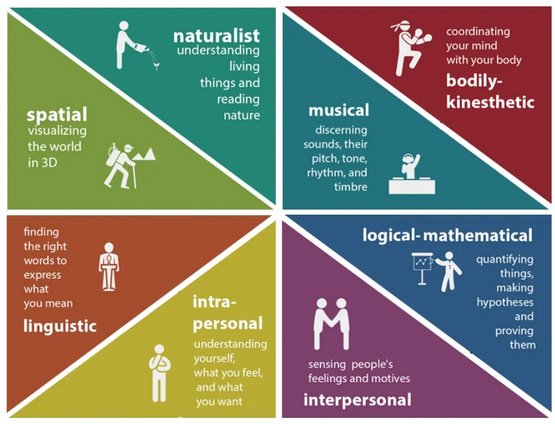When I read an article like this, I double-down in my appreciation for Integral Theory as a “sense-making” tool.
To start with, Rieff was a sociologist; the field of sociology is interested in and studies the collective in the exteriors. The field of psychology, on the other hand, has been largely interested in and studies the individual and interiors. So each field’s perspective derives from only a partial piece of “truth” or reality: psychology speaks largely from and about the UL quadrant and sociology from and about the LL. That they fail to appreciate one another adequately is unfortunate, but not surprising.
(A little interlude here to speak to the comments made about AOC revealing her history of sexual assault and the trauma being re-triggered through the Jan. 6 events: while the author of the article used her comments as illustration of “therapeutic culture”–and in using her as example, thus brought a political slant to the article–I would point out what I think most of us know, but which is still worthy of comment: trauma is a real thing, and indeed can be re-triggered; ask any war veteran with PTSD if one doesn’t want to take AOC’s word for it. Yes, some people do “milk” their victimness, for attention, sympathy, book royalties, You Tube influence, whatever; but we should not forget that victimization and trauma do occur, even for those people who wallow in eliciting public pity or whatever. And we should not forget that trauma has not just psychological but neurological elements to it as well, which can manifest physically as tics, spasms, jerks, etc.)
Back to IT, @Julia248 made some good points related to stages of development, and I would agree with what I think she was getting at: that each successive stage of development is more inclusive of who is embraced in its extending of fairness and care.
I would add that morality is a “line of development” or one of the “multiple intelligences.” The lines run through the stages, and the lines are independent of one another to a large extent. So someone at center-of-gravity Orange-rational stage for instance, could be at a high level of development in the cognitive line of development, a middle-level development in the moral line, a low-level of development in the interpersonal skills line, and etc. As individuals, we do not grow at an even pace in each of the lines. Also, the morality of the Orange stage, and this is not true for every individual at the Orange stage, but in general, is a secular moralism (e.g. the idea of equality), as opposed to the religious moralism of the previous (amber) stage (and a ‘religious moralism’ is not true for every individual at that stage either, but in general).
I do get a little suspicious when the morality in society’s “moral order” is largely spoken of in terms of sexuality, as this article did. (And I say that from a position of thinking that there is too much and too many inappropriate displays of sexuality in the public sphere today), The earliest form of the Viennese Waltz in the latter 1700s was considered sexually immoral and incredibly scandalous at that time, particularly by religious groups, because people moved in couples rather than doing circle dances, which had been the standard form of dance. So sexual mores (and forms of dance) do change. But my main point is that there are so many more moral concerns in society, as the previous posts here have pointed out, not spoken of in this article. And some of those moral concerns have been overlooked by the religions that focus a lot of attention on sexual immorality.
Overall, I thought the subject matter could be better addressed through integral concepts such as Waking Up and Growing Up (which Wilber has done), but then I recognize the author of the article most likely is not familiar with IT, so no hard feelings 


